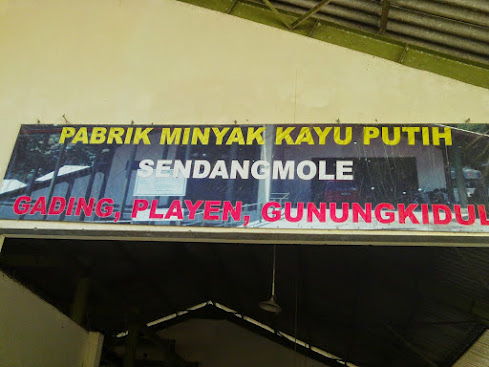As a trading commodity that is becoming a world trend, many wood pellet standards are implemented. Basically the wood pellet standard covers only two things, namely quality and sustainability which are mostly related to environmental aspects. Many aspects of quality are related to the technical aspects of the production of wood pellets and also the raw materials used. A number of countries or certain institutions apply the quality aspects that they can receive for these wood pellet products. The application of wood pellet quality standards is also related to the use of wood pellets or more specifically technology or equipment to consume or use wood pellets as fuel. Based on this, usually the market segments are also differentiated, namely for industries and households. The industry segment has its own specifications which are slightly different from households. Some quality standards are widely used today: ENplus, DINplus, PFI, ITEBE, Onorm and CANplus. Following are the quality tables:
The second type of standard is about sustainability and now it has also begun to be widely applied, especially for the trade in large quantities of wood pellets. Sustainability standards include the practice of cultivating trees whose wood is a source of wood pellets. In terms of its implementation there are a number of countries that buy wood pellets that are very concerned about this sustainability standard, but there are also those who do not pay much attention to it. Japan is an example of one of the countries in Asia that is very concerned about the issue of sustainability standards. Some sustainability standards that are widely used today: FSC, PEFC and so on.
Prospective wood pellet producers must pay attention to the problem above, because it is closely related to the market or trade in wood pellets. Without being able to map the market comprehensively, it is very possible that the production of wood pellets will be constrained. For example wood pellet producers will target their markets in Asia, especially in Japan and Korea, even though the market characteristics of wood pellets in Japan and Korea are different.





















